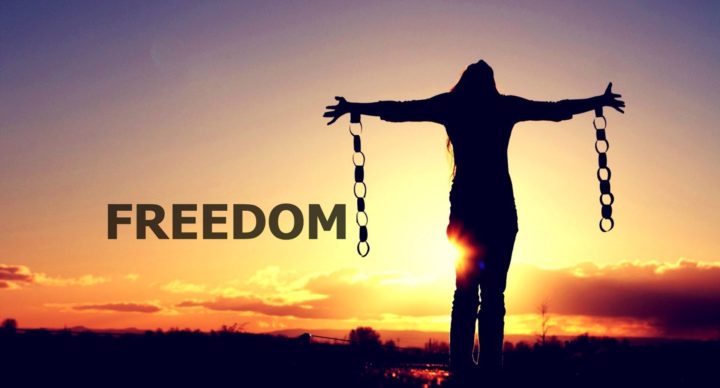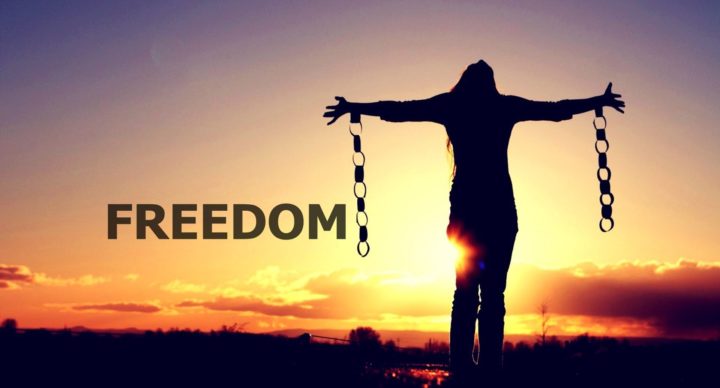The Green Book was published from the 1930s through the 1960s. It proved to be a valuable aid for many people. The Green Book provided in its pages information about businesses — restaurants, hotels, gas stations, night clubs, and more — that welcomed black individuals. This was during a time when many businesses turned away black people or treated them much less favorably than they treated white people.
The Green Book was particularly helpful to travelers. When in places with which they were not familiar, travelers could use information in the Green Book to avoid frustration and conflict by easily locating accommodating businesses.
A similar book, or nowadays more likely a website, would be helpful in the age of coronavirus crackdowns. People who do not wear masks could greatly benefit from a new “Green Book” that would provide information about businesses where maskless customers are welcome.
As with the original Green Book, the existence of the new website would also encourage businesses to be accepting of certain people, in this case people who do not wear masks. By accommodating customers who do not cover their faces from the nose down, businesses could qualify for promotion on the website and appeal to a significant group of potential customers who are in search of places where they can purchase goods and services without unnecessary frustration and conflict.
Hopefully, “Mask Required” signs will not stay up on businesses’ doors for decades as did similar signs proclaiming black people were excluded or required to accept inferior treatment. Still, in many places, mask requirements remain widespread and seem set to stay that way for quite a while.
It is time for a new “Green Book” to emerge.


